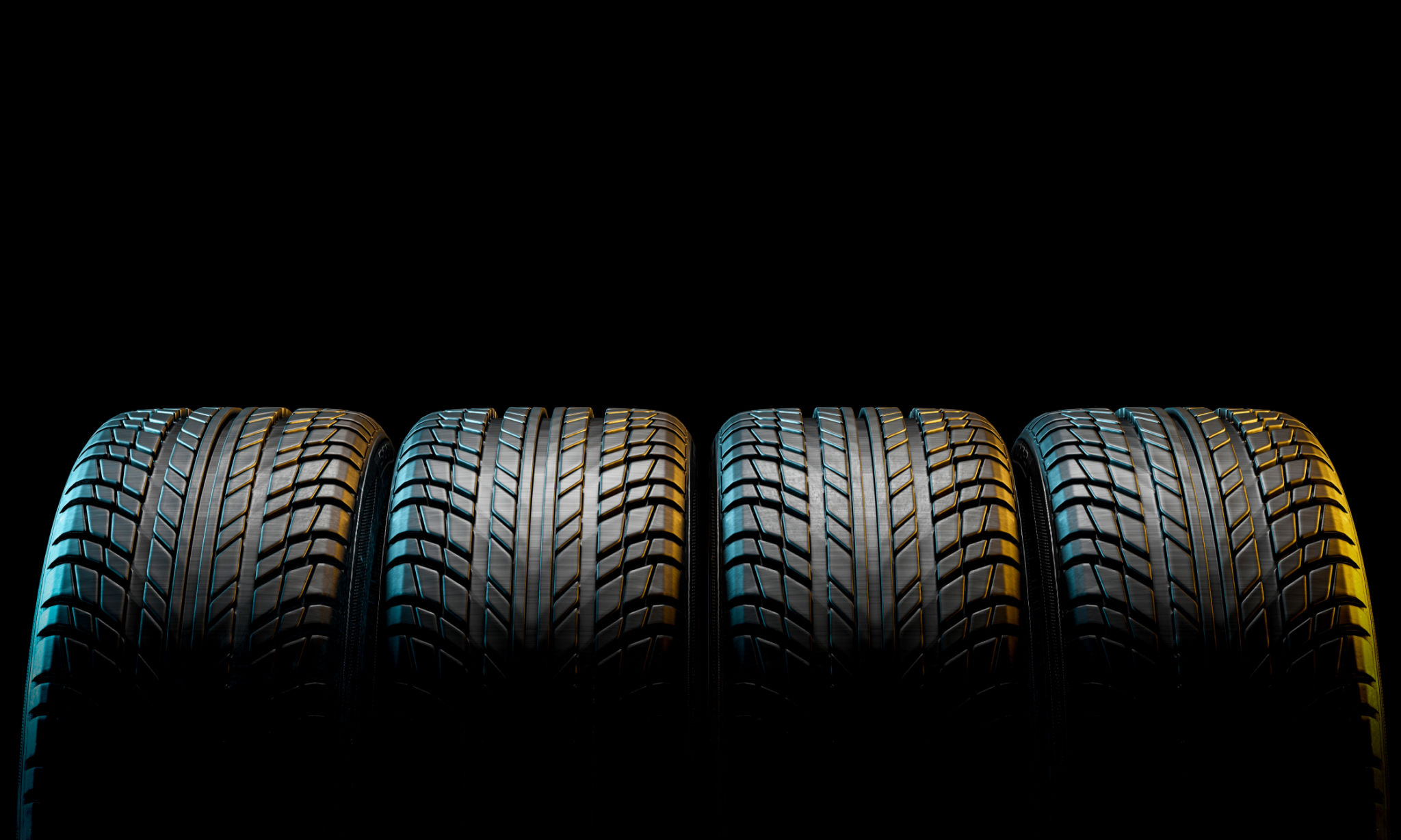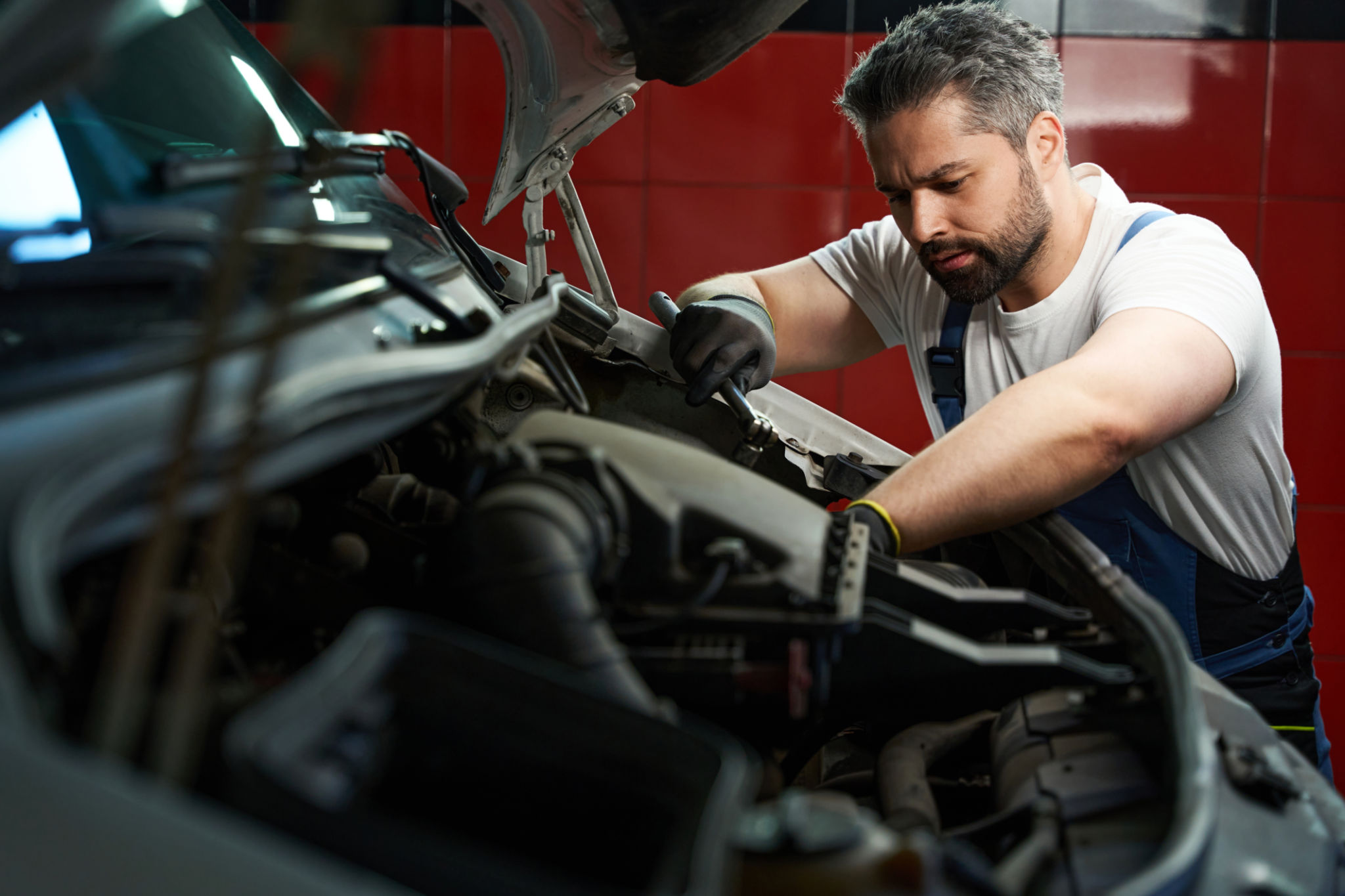Understanding Car Maintenance: A Comprehensive Guide
Introduction to Car Maintenance
Owning a car comes with its set of responsibilities, among which regular maintenance is paramount. Understanding car maintenance not only extends the lifespan of your vehicle but also ensures safety and optimal performance. In this comprehensive guide, we'll explore essential maintenance practices every car owner should know.

Basic Car Maintenance Checks
Oil and Fluid Levels
One of the most critical aspects of car maintenance is regularly checking the oil and fluid levels. Motor oil lubricates the engine, preventing wear and overheating. It's advisable to check your oil level at least once a month and change it as per your car manufacturer's recommendations. Additionally, don't forget to monitor other fluids like coolant, brake fluid, and windshield washer fluid.
Tire Care
Proper tire maintenance ensures safety and fuel efficiency. It's important to routinely check tire pressure, as both over-inflated and under-inflated tires can lead to problems. Rotate your tires every 6,000 to 8,000 miles to ensure even wear, and inspect them for any signs of damage or excessive wear.

Advanced Maintenance Tips
Brake System Inspection
The brake system is crucial for your safety on the road. Pay attention to any unusual noises or vibrations when braking, as these could indicate worn brake pads or rotors. Regular inspection and timely replacement of brake components can prevent more severe issues.
Battery Care
Car batteries have a limited lifespan, typically between three to five years. To avoid unexpected failures, test your battery regularly, especially before long trips or during extreme weather conditions. Clean the battery terminals to prevent corrosion and ensure a strong connection.

Regular Maintenance Schedule
A proactive approach to maintenance involves adhering to a regular schedule. Here's a general guideline:
- Every 3 months or 3,000 miles: Check oil and filter, tire pressure, and fluid levels.
- Every 6 months or 6,000 miles: Rotate tires, check battery, and inspect brakes.
- Every 12 months or 12,000 miles: Comprehensive inspection of all systems, replace air filters, and check alignment.
DIY vs. Professional Maintenance
While some car maintenance tasks can be done at home with the right tools and knowledge, others are best left to professionals. Routine checks like oil changes and tire rotations can often be tackled by DIY enthusiasts. However, complex repairs or diagnostics typically require the expertise of a trained mechanic.
When to Seek Professional Help
If you're unsure about the condition of your vehicle or notice persistent issues, it's wise to consult a professional. They can perform a thorough inspection and provide guidance on necessary repairs, ensuring your vehicle remains in top condition.

Conclusion
Understanding car maintenance is essential for any vehicle owner. By performing regular checks and adhering to a maintenance schedule, you can enhance the performance and reliability of your car. Whether you choose to do it yourself or seek professional assistance, staying informed about your vehicle's needs will lead to safer and more enjoyable driving experiences.